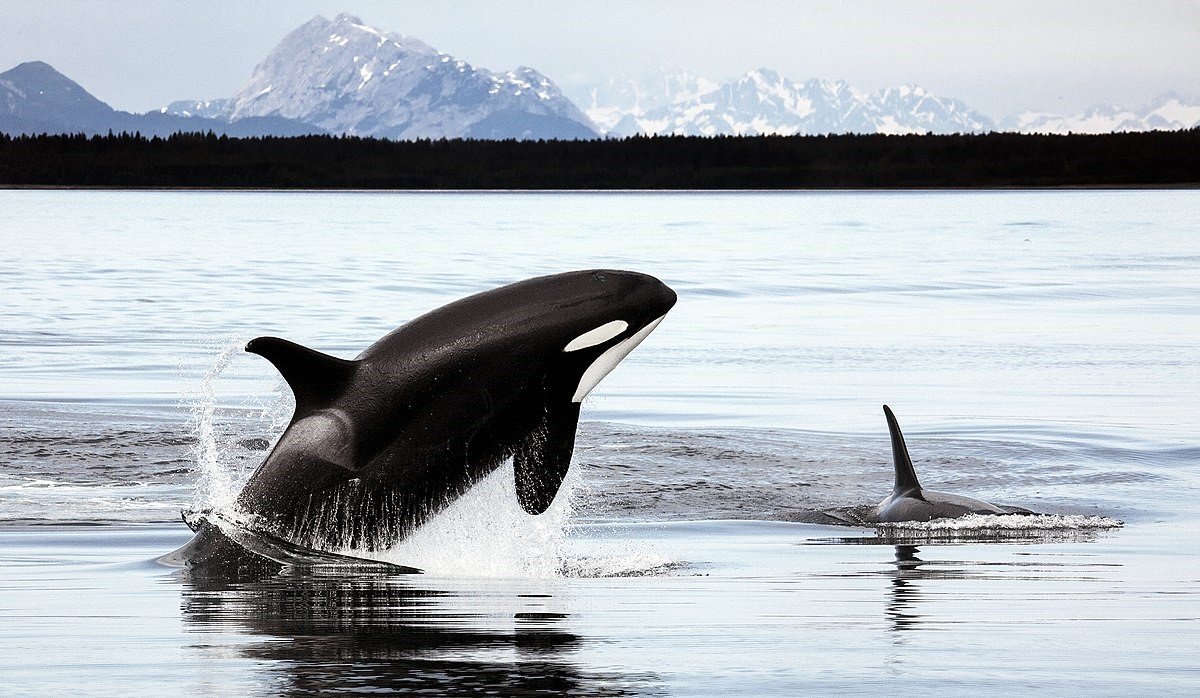Photo courtesy of Christopher Michel via Wikipedia Commons.
By Lily Benn ’24
Staff Writer
Heavy metal music can be used in more ways than one would think. The genre is increasingly used as a killer whale deterrent off the coast of southwestern Europe, according to Focusing on Wildlife.
The practice is not scientifically studied or supported but rather began as a suggested trick for sailors to prevent these large marine mammals, also known as orcas, from attacking and sinking boats sailing off the Iberian Peninsula, a Business Insider article reported.
The frequency of Iberian orca attacks started increasing around 2020 when sailors turned to online forums on websites such as Telegram and Facebook to share their stories and to look for solutions, Focusing on Wildlife explained. Playing heavy metal songs on underwater speakers was one of the solutions online users proposed in these groups, Focusing on Wildlife stated.
One New York Times article detailed the experience of Florian Rutsch, the captain of a recreational boat who attempted to use this technique when a group of orcas approached his boat. Rutsch told The New York Times that he and his crew began playing a “Metal for Orcas” Spotify playlist underwater, but they were unsuccessful in deterring the animals. Instead, the orcas became more aggressive and attacked Rutsch’s ship, causing damage to the rudder and incapacitating the crew’s ability to steer the ship, according to The New York Times.
This attempt was the second time Rutsch and his crew actively tried to deter the orcas from attacking their ship, The New York Times article reported. Their first attempt, which used a different approach, was successful. The crew threw sand into the water, which reportedly caused the orcas visual confusion, and immediately sped up the engine. The strategy of quickly sailing away from an orca encounter is supported and recommended by the Spanish government, whereas the heavy metal music and sand techniques are mainly reported as successful in anecdotes online, according to The New York Times.
Some scientists have spoken out about how the heavy metal deterrent technique can be detrimental to the ocean environment and the organisms that inhabit it. Business Insider explained that not only does the sound make it easier for orca groups to locate and target the ships, but it also contributes to noise pollution.
According to Business Insider, because sound travels faster and across longer distances in the ocean than in the air, many marine species use it for communication, navigation, reproduction and to avoid predators. Andrew Trites, the director of the Marine Mammal Research Unit at the University of British Columbia, told Business Insider that playing such loud music would only add to the noise created by man-made objects, such as underwater mining equipment, large ships and wind turbines.
Renaud de Stephanis, a coordinator and biologist working for a nonprofit research group creating a satellite system to tag and track orca movements across the coastline of Europe, said in an interview with The New York Times that the only feasible solution to escape an orca attack without causing harm to the orcas themselves or the ocean’s ecosystem is to leave the area. According to Business Insider, orcas are possibly learning where sailors will be based on the sounds of their boats. Before a permanent solution is found, sailors are advised to avoid the areas where they have seen orcas in the past.

